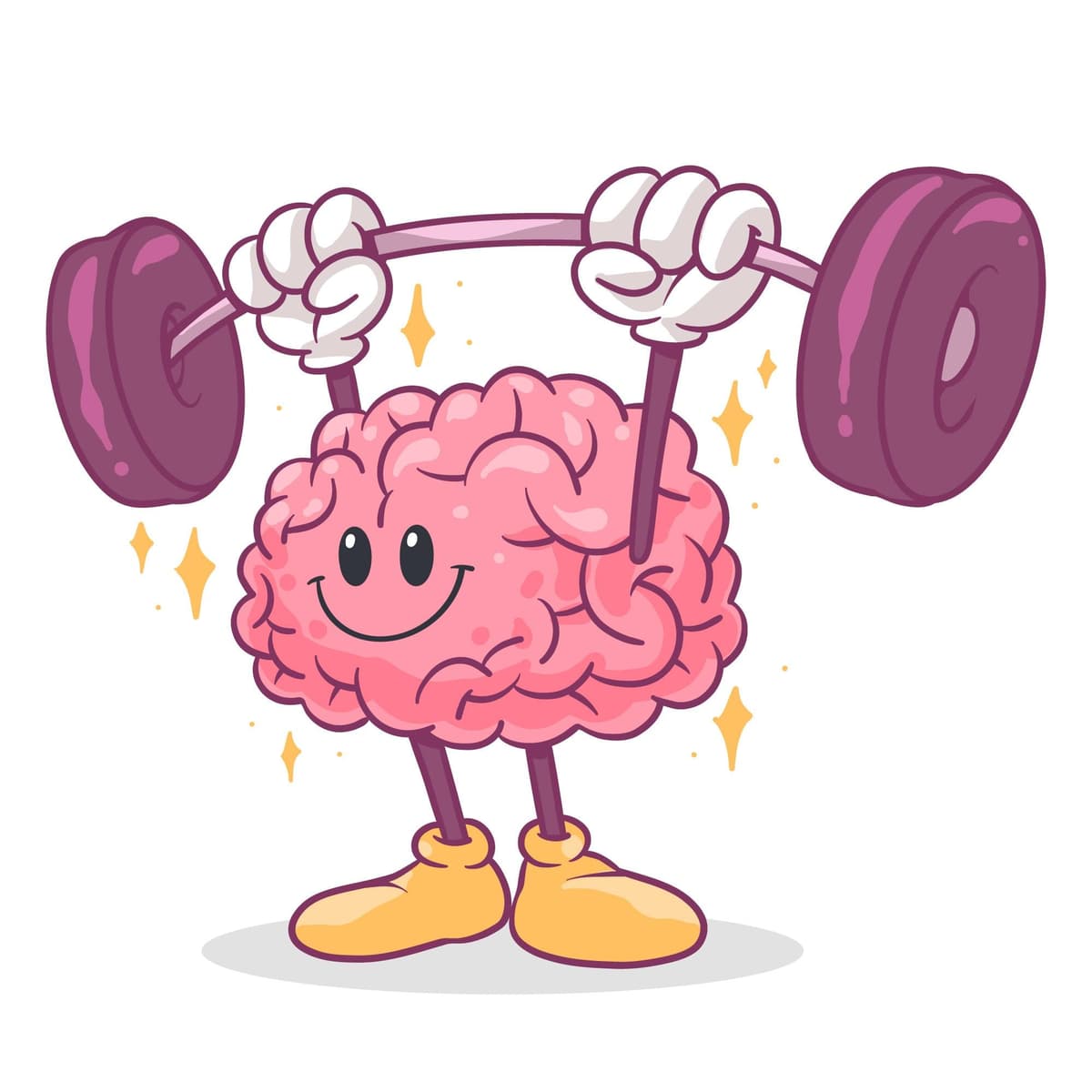
You already know that participating in sports is good for your physical well-being. But that’s not all! Participating in sports has also been linked to improved mental health in recent studies. In this post, we cover how sports improve your mental health, concentration, depression, and more.

Engaging in sports can significantly enhance your mood due to the release of endorphins, often referred to as “feel-good” hormones. Physical activity stimulates the production of these endorphins, which help to alleviate feelings of anxiety and depression. For example, a study published in the Journal of Clinical Psychiatry found that regular exercise, including sports, can be as effective as medication for some people in managing depression. Additionally, participating in sports provides a sense of achievement and purpose, further boosting your mood and overall mental well-being.
Regular participation in sports has been shown to improve concentration and cognitive function. Engaging in physical activity increases blood flow to the brain, which enhances neural connections and cognitive performance. Research from the American College of Sports Medicine indicates that physical exercise can lead to improved attention, memory, and learning abilities. For instance, students who engage in regular physical activity, such as team sports or individual workouts, often show better academic performance and improved concentration in their studies.
Sports play a crucial role in reducing stress and managing symptoms of depression. Exercise triggers the release of neurotransmitters like serotonin and dopamine, which help regulate mood and reduce stress. According to a study in JAMA Network Open, participants who engaged in regular physical activity reported lower levels of stress and improved symptoms of depression. Sports also provide a structured way to manage stress, allowing individuals to channel their energy into productive and positive activities rather than dwelling on stressors.
Regular physical activity, including sports, can lead to better quality sleep. Exercise helps regulate your sleep patterns by increasing the time spent in deep sleep, which is essential for restorative rest. A study published in the Journal of Clinical Sleep Medicine found that individuals who participated in regular moderate-intensity exercise, like playing sports, experienced better sleep duration and quality. Activities such as jogging, swimming, or playing team sports can help you fall asleep faster and enjoy a more restful night’s sleep.
Participating in sports is an effective way to manage and maintain a healthy weight. Engaging in regular physical activity burns calories, increases metabolism, and builds muscle mass, all of which contribute to weight management. According to the Mayo Clinic, regular exercise, including sports, helps balance the calories consumed through diet with those burned, preventing weight gain and supporting weight loss goals. Whether it’s soccer, basketball, or running, sports offer a dynamic and enjoyable way to stay active and support overall health.
Sports can significantly boost your self-confidence by providing opportunities to achieve goals, improve skills, and overcome challenges. Success in sports, whether through winning a game or mastering a new technique, fosters a sense of accomplishment and self-worth. Research from the Journal of Sport and Exercise Psychology shows that athletes often experience increased self-esteem and confidence due to their achievements and the supportive environment of sports teams. This enhanced self-confidence can extend beyond sports and positively impact various aspects of personal and professional life.
Participation in sports has been linked to the development of leadership traits such as teamwork, decision-making, and resilience. Sports often require individuals to work together toward a common goal, make quick decisions under pressure, and handle setbacks constructively. A study in the Leadership & Organization Development Journal highlights that athletes frequently exhibit strong leadership qualities, including the ability to motivate others, communicate effectively, and lead by example. These traits, honed through sports, can translate into successful leadership skills in various settings, from the workplace to community organizations.
Incorporating sports into your routine not only benefits your physical health but also offers a wealth of mental health advantages. From enhancing mood and concentration to reducing stress and improving sleep, the mental benefits of sports are substantial and well-supported by research. Engaging in sports provides a valuable outlet for stress management, promotes a healthy weight, and can significantly boost self-confidence. Additionally, the leadership and teamwork skills developed through sports can translate into various aspects of life, including personal and professional settings. Overall, the positive impact of sports on mental well-being makes it a powerful tool for fostering a healthier and more balanced life.

Pilates is focused on enhancing core strength, crucial for overall torso stability and fluid movement. The core, influencing both legs and upper body, is essential for everyday comfort, such as sitting and standing without pain. The aim is to move gracefully through balanced muscle development, addressing potential weaknesses and promoting full joint mobility. The workout …

Rocky Mountain spotted fever (RMSF) is a bacterial infection caused by Rickettsia rickettsii and transmitted through the bite of an infected tick. This infection is characterized by the sudden onset of fever, headache, and rash, which can be life-threatening if not treated promptly. This infection was first identified in 1896 in the Snake River Valley …

COVID-19 has faded from the public conversation, but it is still as prevalent as ever, with wastewater levels in 2024 approaching those seen at the beginning of the pandemic in 2020. Furthermore, as COVID-19 has become less of a hot topic, many of the resources that made COVID-19 vaccines free or cheap have dried up …